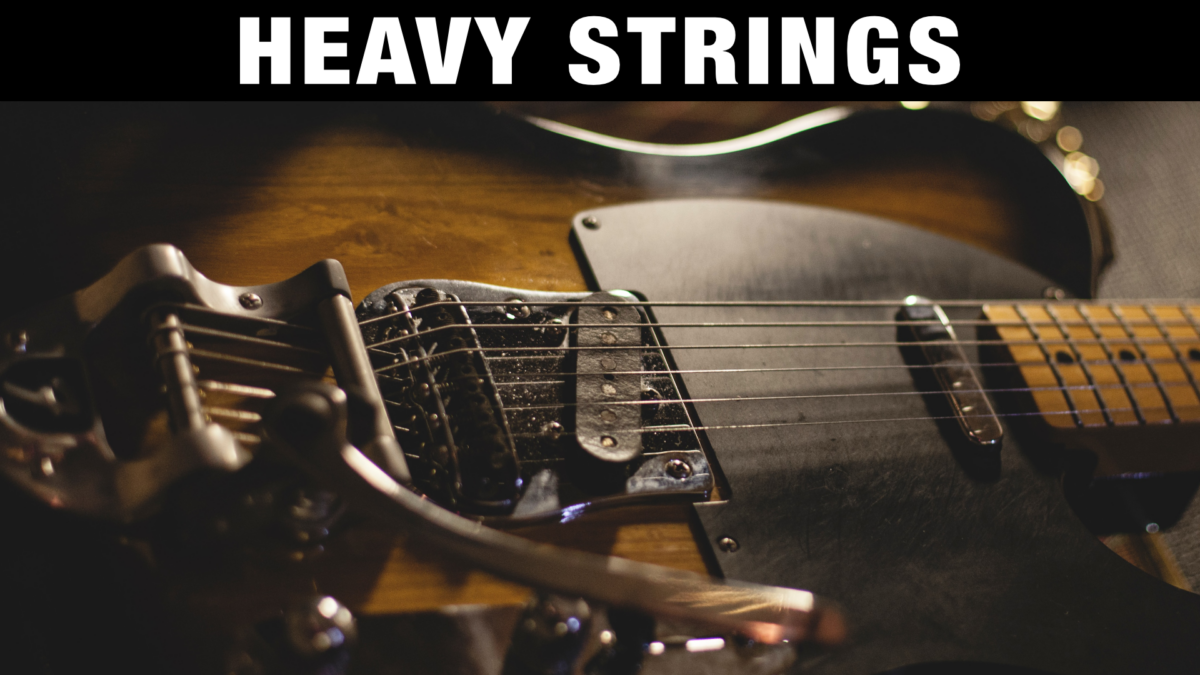 If you play guitar or any other plucked string instrument, you may wonder why there are so many different types and variations of strings, and how they can affect the sound.
If you play guitar or any other plucked string instrument, you may wonder why there are so many different types and variations of strings, and how they can affect the sound.
Thick Strings add More Power
If you use thicker strings (heavier string gauge) you are effectively increasing the mass of the very thing that generates sound. And the more mass is vibrating, the stronger and louder the sound will be.
This also means that heavier strings will have more sustain, because of the laws of nature. The heavier the object in motion, the more momentum power it will have.
When to choose Heavier Strings?
It is important to know that heavier strings get louder and more sustain at a cost, which is the initial attack. It will become softer and less pronounced, which may be a good thing if that’s what you want, but it’s something to consider depending on what you want to focus on.
Another thing to consider is that heavier strings require more power to play, and are harder to do things like bends, vibrato etc. on.
For rhythm guitar, power chords etc. and whenever you want your instrument to be more of a background, rhythm or harmonic instrument, then heavier strings may be your preferred choice.
However, for lead parts when you want ultimate expression, perhaps you should try a bit lighter gauge strings (thinner strings) as your first choice at least.
But as always, it will depend on your personal creative choice, and what your music production needs.
